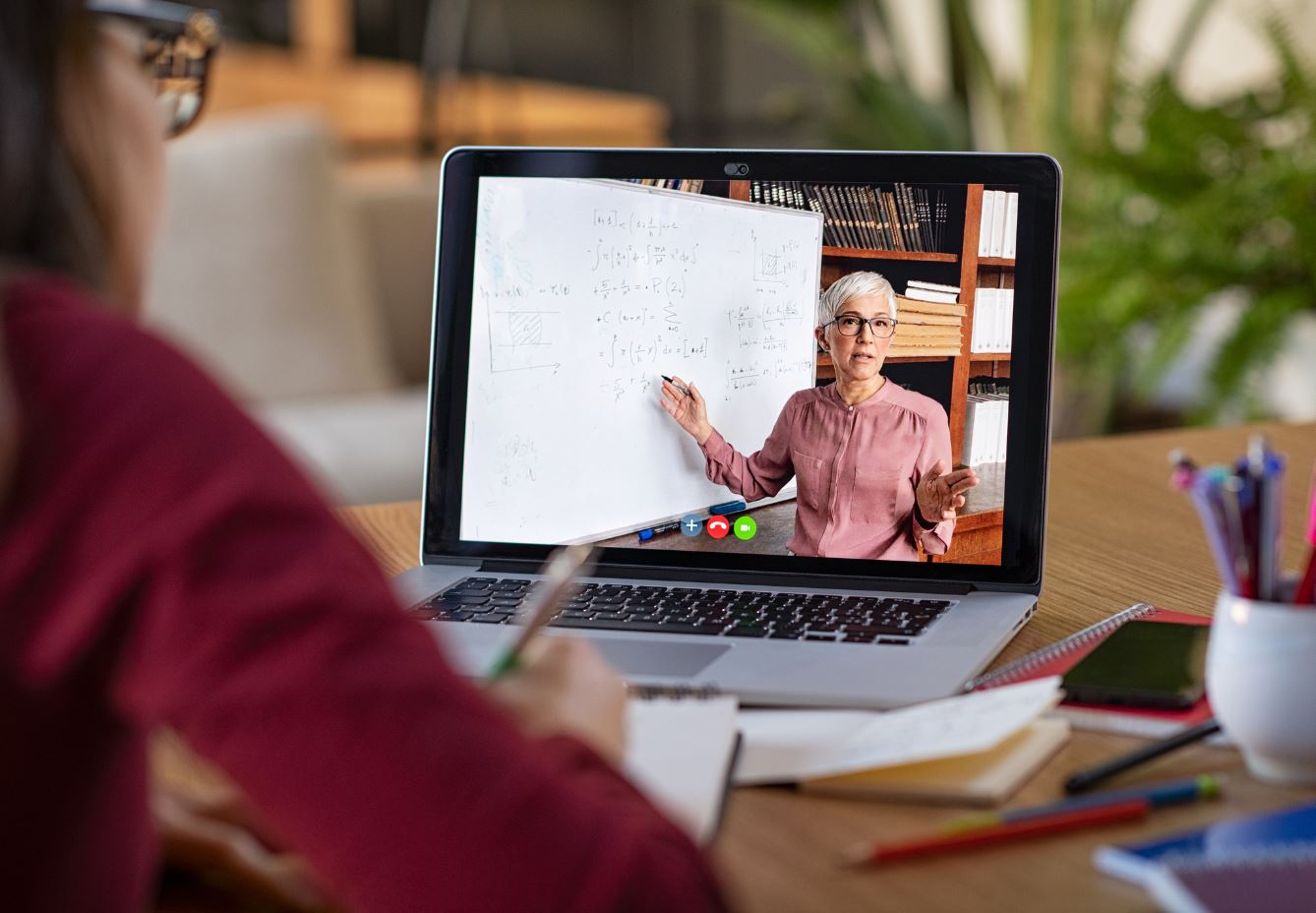
Students struggling academically benefited most when schools around the world transitioned from classroom teaching to online learning in response to the COVID-19 pandemic, and the switch also didn’t negatively impact higher achievers.
A new study has analysed the impact of online learning during the pandemic by crunching data at three middle schools in China, which administered different educational practices for about 7 weeks during the country’s Covid-19 lockdown.
Online learning was shown to have a positive impact on overall student performance when compared to not receiving any support from school during lockdown, and the best results were achieved by higher quality teachers preparing content for both rural and city students, regardless of their location.
Senior Lecturer in Economic at Flinders University, Dr Rong Zhu, says the study results show online delivery of education materials can help narrow the achievement gap between struggling students and their higher-achieving peers to improve academic performance despite the COVID-19 lockdowns.
“Our findings have important policy implications for educational practices when lockdown measures are imposed during a severe pandemic like what we have witnessed around the world due to COVID-19,”
“First, when physically shut down, schools should create distance learning resources for students given the beneficial influence of online education with low-ability students shown to be the biggest beneficiaries.”
“Our study also highlights that the quality of teachers who design and deliver recorded online lessons has a positive impact on academic performance. Local government can organise top quality teachers to prepare online lessons in advance, complying with local curriculum standards and then make them available when necessary.”
Students who used a computer as a remote learning device instead of a smartphone also achieved more improved academic results.
Dr Zhu says online programs are a cost-effective method with great potential to generate substantial economies of scale, since each school does not have to prepare its own version of online classes if a system in setup in advance to facilitate online learning.
“Governments should ensure all students have the resources necessary to access online education, potentially through joint efforts with the telecommunications sector.”
“If resources available are constrained, priority should be given to low-achieving children as they benefit the most from distance learning. Since students with access to a computer as the online learning device can benefit more than those using a smartphone, government can play a more active role in providing or subsidizing investment in computers for students having no access to one at home.”
“Compensating for academic loss: online learning and student performance during the Covid-19 pandemic” by Andrew. E Clark (Paris School of Economics – CNRS), Huifu Nong (Guangdong University of Finance), Hongjia Zhu (Jinan University), and Rong Zhu (Flinders University). Dr Rong Zhu is the corresponding author of this article.

